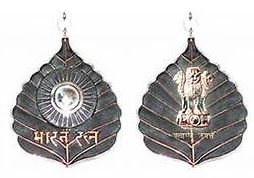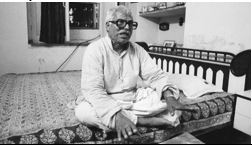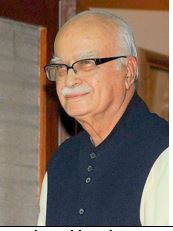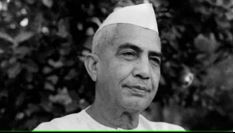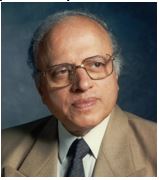

10th February 2024 (7 Topics)
Context
The Centre announced Bharat Ratna for former Prime Ministers PV Narasimha Rao and Chaudhary Charan Singh, alongside agricultural scientist MS Swaminathan. Earlier Karpoori Thakur and Lal Krishna Advani were announced to be conferred with India’s highest civilian award.
What is Bharat ratna?
- The Bharat Ratna is the highest civilian award of the Republic of India.
- Instituted on 2 January 1954, this prestigious award is conferred in recognition of “exceptional service/performance of the highest order”, without distinction of race, occupation, position, or gender.
- Initially limited to achievements in the arts, literature, science, and public services, the criteria were expanded in December 2011 to include "any field of human endeavor".
- Recommendations for the award are made by the Prime Minister to the President.
- Recipients receive) a Sanad (certificate) signed by the President and a peepal leaf-shaped medallion, with no monetary grant associated with the honor.
- The Bharat Ratna recipients rank seventh in the Indian order of precedence.
|
Brief background
|
Contribution and profile of persons conferred Bharat Ratna 2024
|
Bharat Ratna Awardees |
Important Contributions |
|
Karpoori Thakur (Posthumous) (politician and former Bihar chief minister) (1924-1988) |
|
|
Lal Krishna Advani (politician and former deputy prime minister) (1927) |
|
|
Pamulaparthi Venkata Narasimha Rao (Posthumous) (former Prime Minister of India) (1921-2004) |
|
|
Chaudhary Charan Singh (Posthumous) (former Prime Minister of India) (1902-1987) |
|
|
Mankombu Sambasivan Swaminathan (Posthumous) (agriculture scientist) (1925-2023) |
|
More Articles
